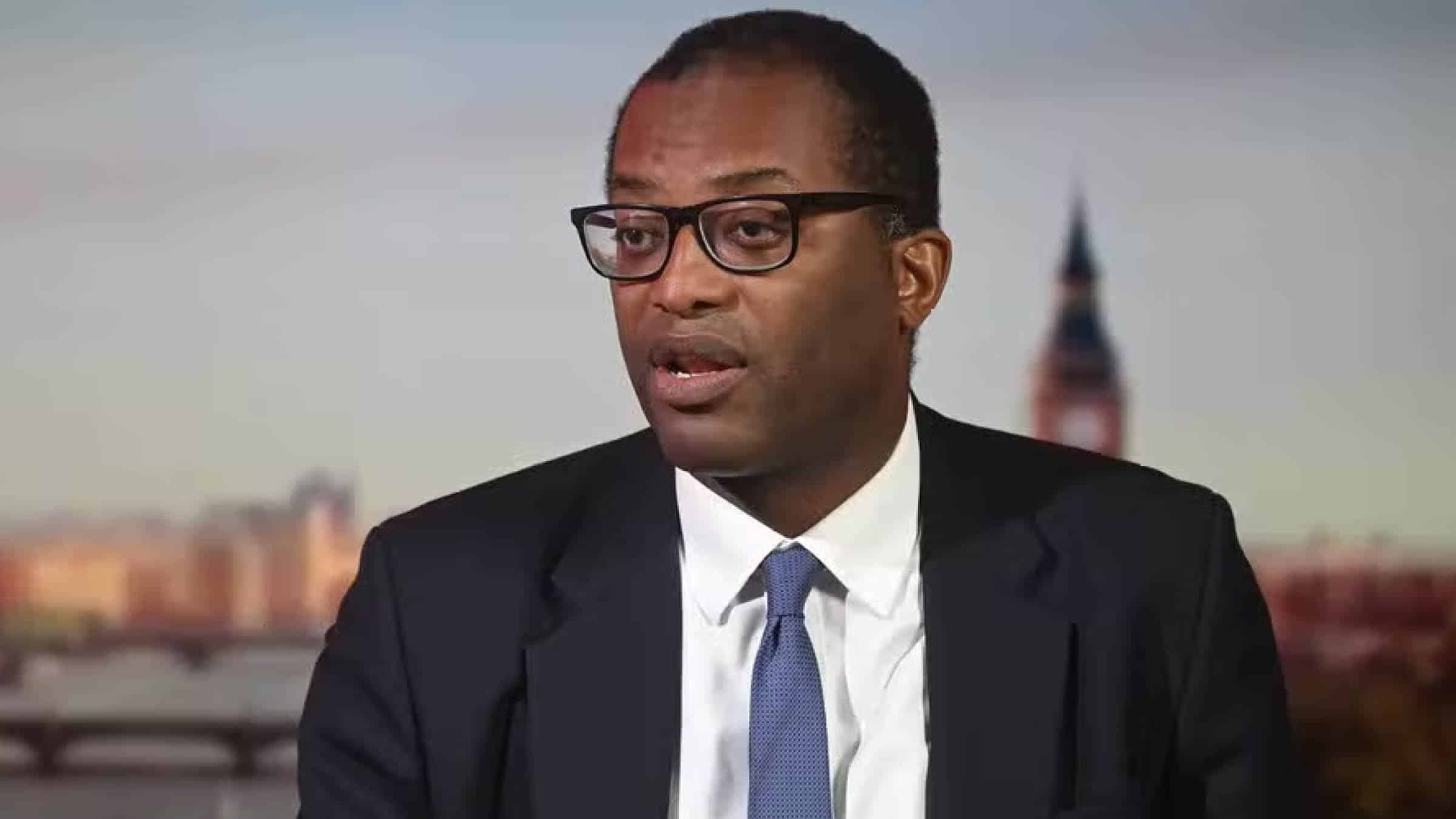Key takeaways from Kwasi Kwarteng’s mini-budget

The Chancellor, Kwasi Kwarteng, has delivered a “mini-budget” to parliament, an emergency statement detailing the new Liz Truss administration’s tax slashing agenda.
Truss believes that cutting tax is the key to fixing the UK economy, promoting its growth and taming the rising inflation, currently at a 40-year high of 9.9%, although Truss’ approach has been heavily disapproved by her critics.
Kwarteng reassured the public and British business this morning that “help is coming” with their energy bills, alluding to the earlier move by Truss to freeze Ofgem’s energy price cap at £2,500 per year for two years, a policy he claims would cost the government £60bn in its first six months.
45p income tax axed
Perhaps the biggest surprise to come from the Chancellor’s announcement was that the 45p income tax rate paid by Britain’s highest earners will be scrapped. He also fast-tracked a planned 1p cut in the basic rate – from 20p to 19p – which will now come into effect in April next year. According to Kwarteng, the abolishment of the 45p rate for people earning over £150,00 will “simplify the tax system and make Britain more competitive.”
Corporation tax cut
The planned increase in corporation tax on big business profits which were brought into play by Kwarteng’s predecessor, Rishi Sunak, will also be axed. The chancellor claimed the move will help improve wages and jobs. The levy was set to rise from 19% to 25% next April but will now stay at the lowest rate in the G20, according to Kwarteng.
Bankers’ bonus caps scrapped
The threshold limiting bankers’ bonuses’ to 200% of their annual salary was also dropped by the Chancellor. The EU-wide cap was introduced back in 2014 as a way to discourage the type of profit-chasing that some said triggered 2008’s financial crash. It limited annual bonuses to 100 percent of salary in an attempt to reduce incentives rewarding risk-taking.
Stamp duty cut
Kwarteng revised the regulations on the tax homebuyers in England and Northern Ireland pay when they acquire a new property so that nothing will be owed on the first £250,000, up from the previous £125,000. He said this would result in saving 200,000 people from owning stamp duty and that “Homeownership is the most common route for people to own an asset, giving them a stake in the success of our economy and society.”
National Insurance rise axed
The Chancellor also confirmed that the previously planned 1.25% increase in National Insurance contributions greenlit by Sunak would be cancelled from “the earliest possible moment,” which will be November 6th. According to the Treasury, the change would save nearly 28 million people an average of £330 per year.
Alcohol tax increases scrapped
Planned alcohol tax increases will also be scrapped. “I will also extend draught relief to cover smaller kegs of 20 litres and above, to help smaller breweries. And, at this difficult time, we are not going to let alcohol duty rates rise in line with the RPI [Retail Price Index],” said Kwarteng. “So I can announce that the planned increases in the duty rates for beer, for cider, for wine, and for spirits will all be cancelled,” he added.
Kwarteng claims that his mini-budget would save the country up to £45bn a year and has said that there would be more announcements in the coming weeks that would cover “the planning system, business regulations, childcare, immigration, agricultural productivity and digital infrastructure”.

